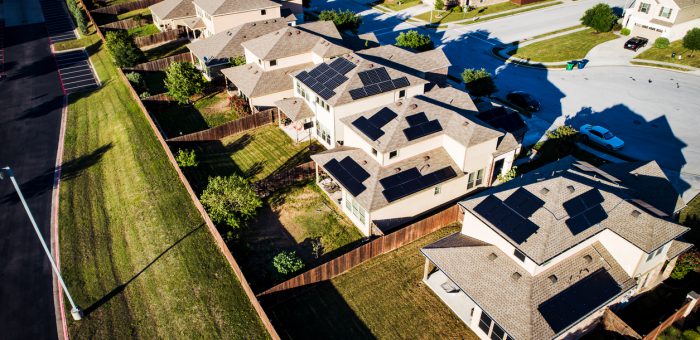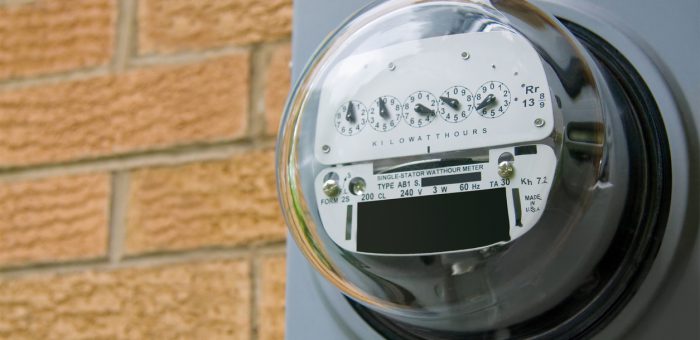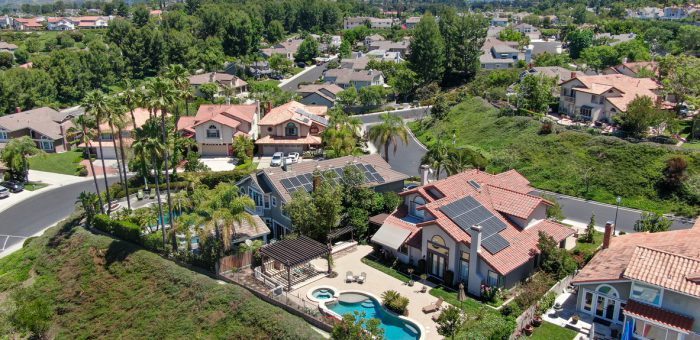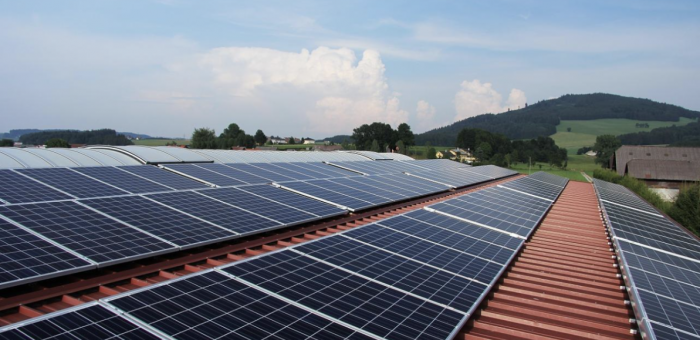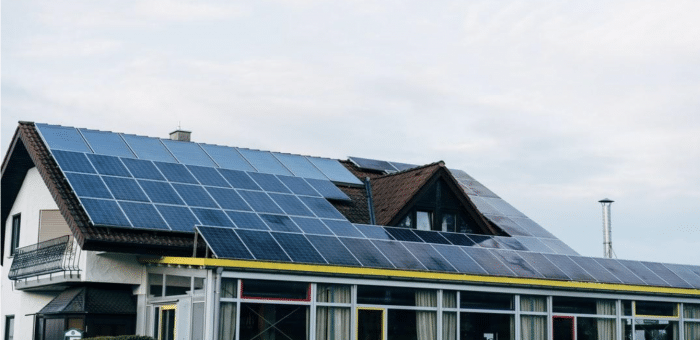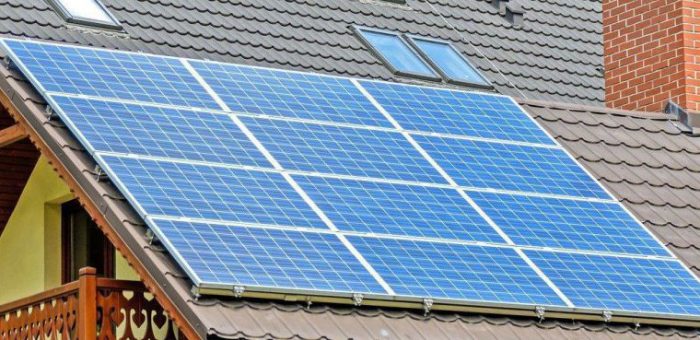“I’d put my money on the sun and solar energy,” said Thomas Edison in 1931, long before Bell Labs invented the first functional silicon solar cell in 1954. We’ve come a long way from those early days of solar energy when solar cells were mainly used to power satellites. Today, you can buy portable solar panels to charge your electronic devices while on the go.
But before putting your money on portable solar power panels, you should first establish the core qualities you want in a solar system based on your energy needs. Although this can usually take some legwork, Power Wizard has your back.
Our mission at Power Wizard is to help you make the best energy decisions and choose an energy plan that fits your bill and gives you more bang for your buck. We’ve done some knowledge hunting to empower you to purchase the best portable solar panels for your use. Let’s jump to it.
What you should consider when shopping for portable solar panels
Solar panels are a long-term investment you want to get right the first time. Ideally, a quality and efficient panel should serve you for over two decades, so you don’t want to be stuck with a substandard unit. You also want to avoid the risk of chucking out your $300 solar panel after some months of use because of low energy output or some other post-purchase pet peeves.
To avoid such common pitfalls, weigh the following factors before purchasing your portable solar panel.
Foldable panels
How much space do you usually have for storing your solar panel when traveling? If you have a small RV, you may want to avoid large solar panels as they can take up more space than you wish. Fortunately, many solar panels can fold down to save up space on the road.
Portable folding solar panels make travel charging effortless and more convenient. Thanks to their space-efficient design, it’s easy to get around with foldable solar panels.
Besides being space-efficient, foldable solar panels are exposed to less tear and wear over time because they have a protective casing that acts as a shock absorber. That’s why you should check if a solar panel is foldable before buying, especially when seeking portable solar panels for camping.
Power output
Portable solar panels come in a wide variety of different watts of power, from as low as 50 watts to as high as 300 watts. Your ideal choice will depend on the maximum output you need to power your devices.
Say you’re an avid backpacker who loves to explore the many hiking trails like South Rim Trail that the Lone Star State offers. In that case, you would need a lower-wattage portable solar panel of maybe 50 watts to charge your smartphone or power bank during your backpacking trips.
However, you may need more power for running a couple of devices during long trips. Therefore, determine beforehand how much energy you need to power your devices. It will help you choose an efficient panel with sufficient wattage. Typically, manufacturers specify how much wattage their devices can take, so you’ll have an accurate figure to reference.
Also, when traveling in cloudy areas or those without ideal conditions for solar power generation, you may want to invest in a power bank, solar battery, and solar battery maintainer. Having reliable power storage options will keep your devices charged even when there’s no sunlight to feed your solar panels.
Efficiency ratings
The efficiency rating of a solar panel depends on the type of Photovoltaic (PV) cells it contains. There are three types of PV cells:
- Monocrystalline
- Polycrystalline
- Thin-film
Monocrystalline panels have higher efficiency ratings (about 20%) than polycrystalline panels (about 15-17%). Thin-film panels (about 11%) come at the bottom. You want a portable solar panel with a higher efficiency rating to harvest maximum solar energy.
Recently, scientists at the U.S. Department of Energy’s National Renewable Energy Laboratory (NREL) invented a solar cell with the highest efficiency rating of 39.5%. This is good news because a more efficient solar panel yields a better return on investment (ROI) in the long run.
Compact design
The design of a solar panel determines its portability. For travel charging, a foldable briefcase solar panel kit is most convenient. The ideal one would have a rubber carrying handle, an integrated kickstand, a waterproof canvass exterior, and a metallic or reinforced outer structure.
When reviewing a portable solar panel’s design, prioritize portability and charging convenience. Go for those with a lightweight, easy-to-carry suitcase with integrated charging cables and alligator clips.
What are your solar panel options for portable panels
Thankfully, you have a pool of options to choose from once you’ve established how much wattage you need from a solar panel and whether you want a foldable or compact design. For the most part, portable panels come in 50 watts, 100 watts, and 200 watts.
When you run a portable solar panel find query on search engines, you’ll get many solar panel options with varying features. The idea is to research and review each option until you find one that suits your needs best.
However, searching for and selecting the best portable solar panels this way may be challenging, given the many worthy options at your disposal. Consider asking for expert help to simplify and speed up the process.
Good uses for portable panels
Because portable panels offer lower wattage, they have limited uses compared to residential and commercial solar panels. These are the two best use cases for portable panels:
Power electronic devices
With a 50watt portable solar panel, you can charge your mobile phone, power bank, camp showers, 12v batteries, and other low-voltage devices. A 100watt portable solar panel will power medium-voltage devices like laptops and cooling fans, while a 200-300watt panel will charge high-voltage devices like a medium fridge.
Provide electricity while camping
For your camping trip, you need your mobile phone, power bank, flood light, camp showers, and other essential devices well-powered for comfort and security. If you’re RV camping, a high wattage panel (200-300 watts) is an excellent option. In the same light, the best portable solar panel for camping in a tent would be a low-wattage one, preferably 100 watts or 50 watts.
Consider investing in a portable solar panel kit to generate clean energy
A 2020 report from the International Energy Agency indicates that solar PV generation recorded a 23% increase to reach 821 TWh in 2020. This shows that more homeowners and enterprises worldwide are embracing solar power as a clean green energy solution.
While you may already have installed residential solar panels in your Texas home, investing in a portable solar panel will allow you to create and use clean energy while on the road. Whether you’re backpacking at the Guadalupe Peak, RVing at the Pedernales Falls, or touring the Big Bend National Park, a portable solar panel kit will enhance your convenience and comfort.
But before you start looking for the best portable solar panels for camping and purchase one, make sure to audit your energy needs to know how much solar power you need while on the road.
More From the Power Wizard Blog
-
Do Solar Panels Increase Home Value?
The United States now has more than 6,000 people who work in the solar power industry and help us enjoy the benefits of this amazing technology. As solar panels become more and more common, some people are wondering, “Do solar panels increase home value estimates?” The truth is that solar panels can provide a long list of […]
View Article -
What Is Net Metering and How Does It Work?
A staggering 1300% increase. That’s how much the number of electric customers engaging in net metering skyrocketed from 2010 to 2020. But what is behind this surge? What exactly is net metering, and how could it potentially change the way you view your electricity consumption? The journey from an ordinary consumer to a potentially profitable one […]
View Article -
The Top Sources of Carbon Emissions in the U.S.
Climate change due to rising global temperature seriously threatens the natural ecosystem. It can result in erratic weather featuring intense drought, heat waves, melting ice caps, warming oceans, and increased storms when left unchecked. As the impact of climate change worsens, the risk of biodiversity loss and human extinction gets bigger. Table of Contents What […]
View Article -
California Solar Tax Credit & Incentives for Residential Rooftop Solar
Are you considering investing in residential solar panels in California? You’re not the only one. Research shows that California was ranked number one out of 50 states in 2022 for solar power generation, with more than 11 million homes powered by the sun. A major reason why solar power is popular statewide is that prices have dropped […]
View Article -
How to clean your solar panels
Click on a section to skip directly to it: Why is it important to clean your solar panels?Solar panel cleaning: a step-by-step breakdownMake sure you’re saving the most on your monthly energy bill Have you considered installing a renewable energy source at your home? Power Wizard recommends trying solar energy, which accounts for 3% of […]
View Article -
Solar Energy Credits: Everything You Need to Know
Solar panels are a great way to save money. They are energy efficient and reduce the impact of electricity production on the environment. You can get them installed on the roof of your house to reduce your reliance on the electric grid. Once installed, solar panels help passively produce energy from the sunlight — as […]
View Article -
Incentive-Based Energy Plans: What Are Your Options?
Incentive-based energy plans are becoming critically important as war, sanctions, and declining fossil fuel production cause nonrenewable energy prices to skyrocket. Fortunately, private companies are busy developing energy-efficient technologies while all levels of government are offering substantial financial incentives for consumers to adopt renewable energy sources. Let’s examine the many federal, Texas, and local energy […]
View Article -
How Long Do Solar Panels Last?
Owning a home is expensive, and that’s not expected to change anytime soon. On top of everything else, the cost of energy can be a burden for many familiar and even more so when temperatures reach extreme highs and lows. Whether you’re well-off or living paycheck to paycheck, you’re probably interested in lowering your energy […]
View Article
